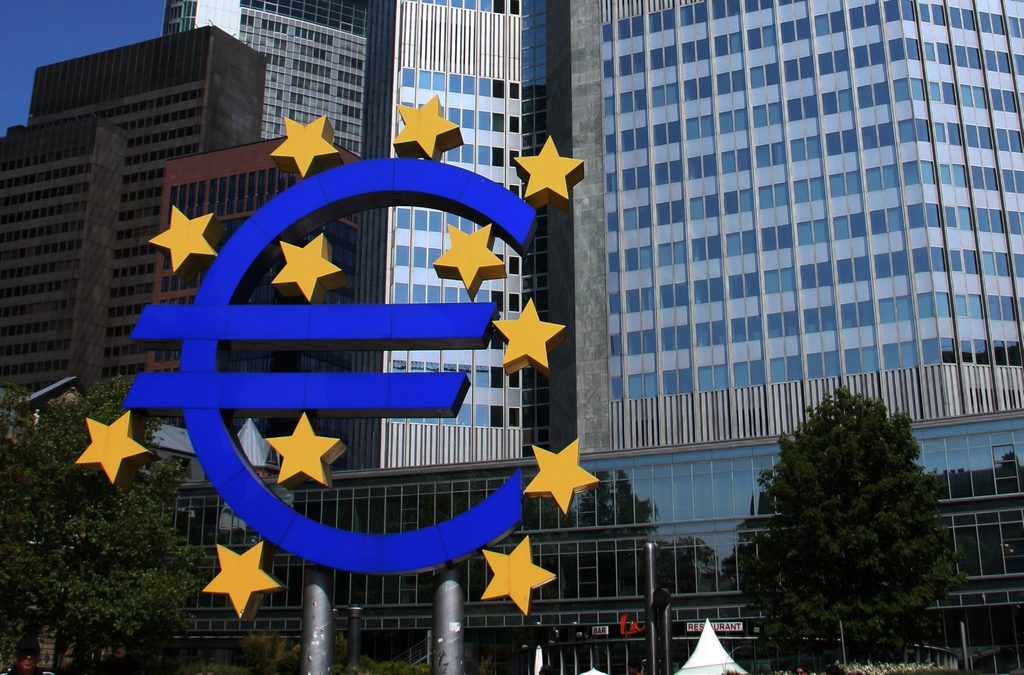The European Central Bank (ECB) raised interest rates by 25 basis points (0.25 percentage points) on Thursday, bringing its benchmark deposit facility rate to a record high of 3.75%.
In a press release justifying the move, the bank noted that although currently declining "inflation is still expected to remain too high for too long". It also reiterated its commitment to ensuring that inflation throughout the eurozone drops to the Bank's official target rate of 2% in a "timely" manner.
The hike means that the ECB has now raised interest rates nine times in the past year as it attempts to dampen persistent price pressures, which are driven in large part by high food prices. Eurozone inflation fell to 5.5% last month after peaking at 10.6% in October 2022.
A decisive maybe
In a press conference announcing the rate increase, ECB President Christine Lagarde suggested that the Bank is "getting closer" to its terminal rate but remained steadfastly noncommittal on whether there would be future rate increases.
"Do we have more ground to cover? At this point in time I wouldn't say so," she said, adding: "There is a possibility of a hike, there is a possibility of a pause. It's a decisive maybe."
The ECB's increase also follows the US Federal Reserve's decision to raise its own interest rates by the same amount on Wednesday, with some analysts predicting that both the Fed and the ECB have now finished increasing rates.
Related News
- Waffling in debt: Belgium borrows at record levels as interest rates soar
- Not there yet: ECB hikes interest rates to highest levels in 22 years
"We reiterate our call that in the base case, the ECB – like the Fed – is done raising rates, though there is certainly still a material risk of a further hike," Krishna Guha of investment advisory firm Evercore ISI told The Financial Times.
Other experts warned about the potential economic dangers of future rate hikes. "From a risk management perspective, after such sharp interest rate hikes, there is much to be said for now waiting for the effects on the real economy and taking a pause to be able to assess the impact of the hikes," Moritz Schularick, President of the Kiel Institute, a respected German think tank, told The Guardian.

